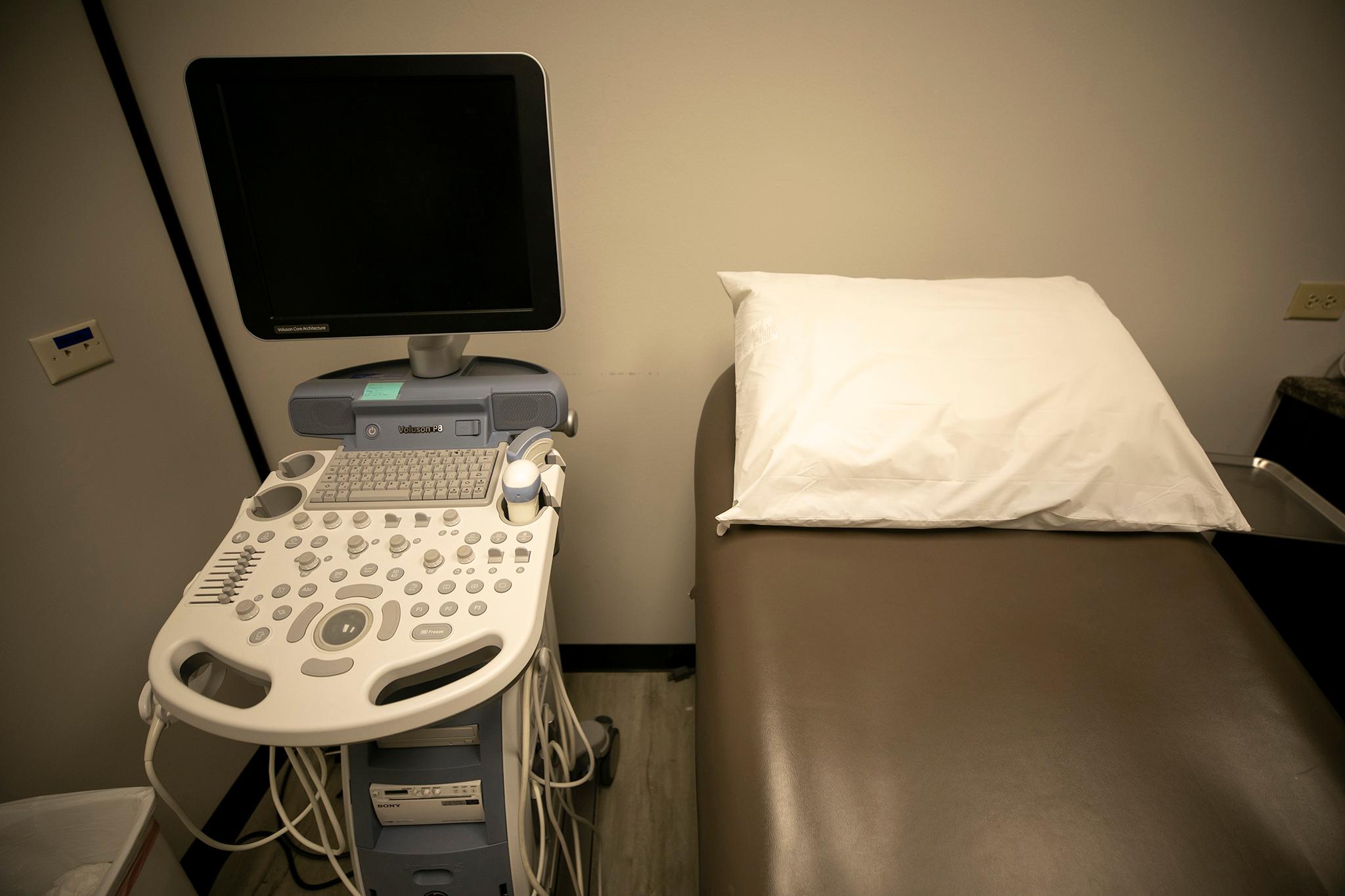
Colorado’s law to ban abortion pill reversal treatments has been temporarily blocked by a federal judge, which means a Catholic healthcare clinic and similar medical providers will be allowed to continue the practice.
Supporters of the procedure say Colorado’s law targets religious clinics in particular, which feel a duty to help pregnant women who decide to continue their pregnancies after taking the first pill for a medication abortion. Colorado’s ban is the first of its kind in the nation.
Bella Health, which operates in Denver and Englewood, filed the lawsuit to block Colorado’s law, and has said it views offering abortion pill reversal as a religious obligation. The procedure involves giving a patient doses of progesterone with the aim of cancelling out the effects of the mifepristone, a drug which prevents pregnancies from advancing.
In his ruling on the preliminary injunction, federal district court judge Daniel D. Domenico said Colorado’s law runs afoul of First Amendment principles and that the state “generally cannot regulate an activity if that regulation burdens religious exercise” and “targets religious activity,” in particular if it fails to regulate comparable secular activities that raise similar risks.
Domenico wrote the state would have to show “a compelling interest of the highest order to maintain the law. It has not even attempted to do so.”
Domenico is a former Colorado solicitor general who was appointed to the federal bench by president Donald Trump and sworn in in 2019.
In his ruling, Domenico also said Colorado could not enforce a provision in law that labels abortion pill reversal as unprofessional conduct and makes advertising the service a deceptive trade practice.
Under Colorado’s law a health care practice would be subject to disciplinary measures if it “provides, prescribes, administers, or attempts medication abortion reversal.”
Democratic Rep. Karen McCormick of Longmont was one of the bill’s main sponsors. She said advocates plan to forge ahead and see what happens next but notes that this order is not the end of the story.
“I don't think anyone in this space is surprised when you're the first in the nation to do this sort of legislation and to call out this practice as an unsubstantiated type of medical practice,” she said of the judge’s decision.
The country’s largest medical associations, including the American Medical Society and the American College of OBGYNs, do not consider medication abortion reversals safe or scientifically sound. A study of its effectiveness was halted in 2019 after several participants -- one who received progesterone and two from the control group -- were hospitalized for severe bleeding.
The Colorado Medical board determined that it does not consider the controversial treatment to be standard medical practice and the Pharmacy and Nursing boards said they would evaluate complaints on a case by case basis.
In a statement, attorney Rebekah Ricketts with Becket Law, the firm representing Bella Health, celebrated the ruling and said “Colorado is trying to make outlaws of doctors and nurses providing life-saving and compassionate care to women they serve.”
The state has 30 days to appeal the preliminary injunction.
Editor's Note: This story has been updated to include more information about abortion pill reversal procedures and the 2019 study into their effectiveness.









